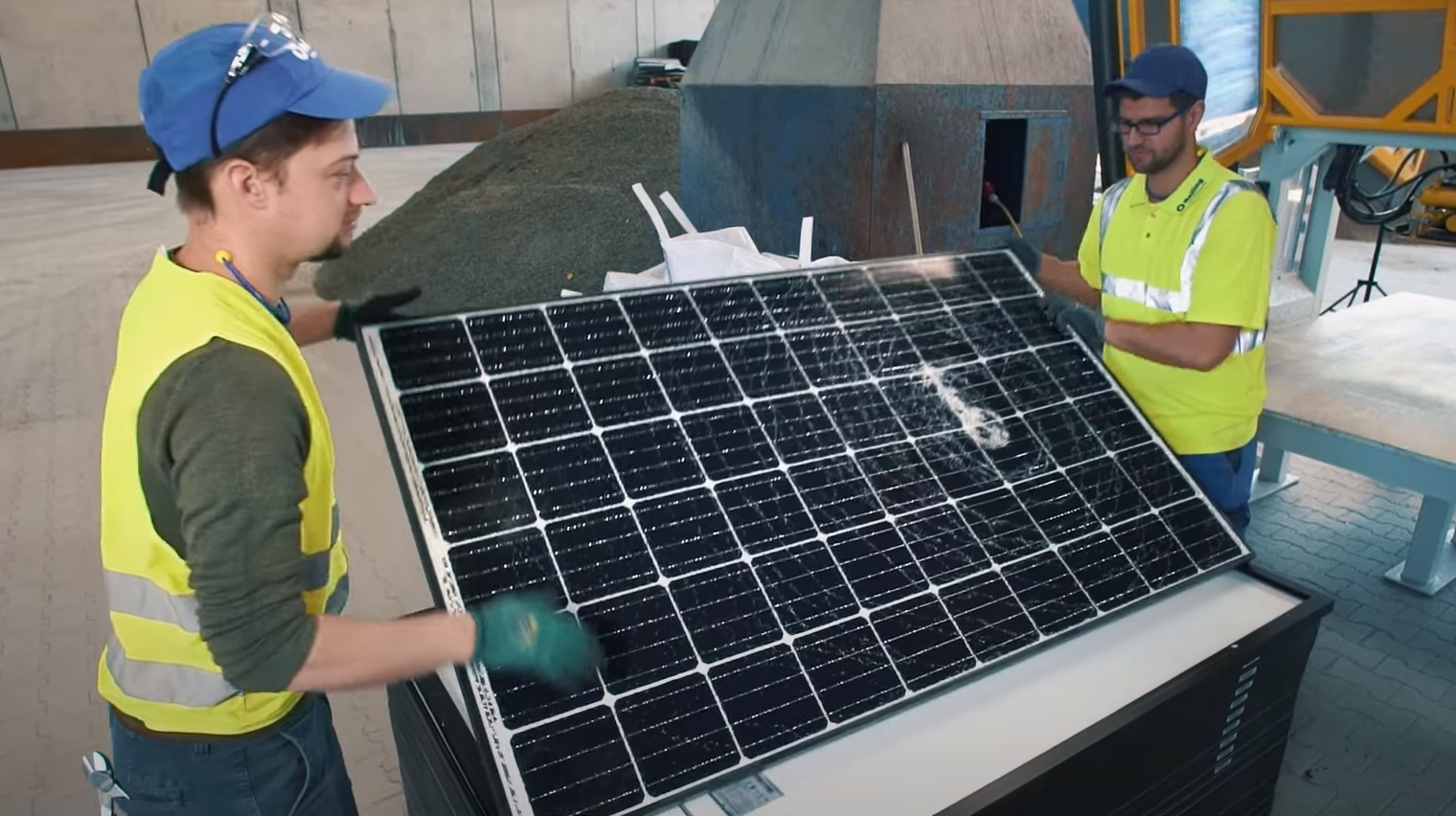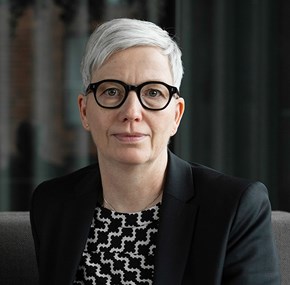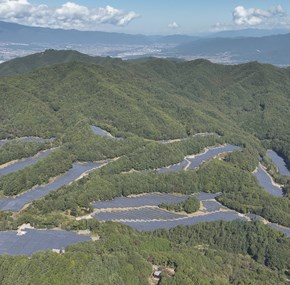Used solar PV-modules are resold or sent for recycling
When Obton disposes of used solar PV-modules, defective units are sent for recycling, while the others are resold. Responsible processing is a focus area at our company, says Robin Hirschl, Technical Director at Obton.
Solar PV-modules have an average service life of 25–30 years; billions of them have already been installed worldwide and will have to be replaced and disposed of at some point. At present, the specialised infrastructure required for recycling modules is still being established, as Robin Hirschl, Technical Director at Obton, explains.
“We’re still at a stage where the volume of waste from solar PV-modules is limited. But there can be no doubt that the accumulation of solar PV-module scrap will soon become an issue, so it is essential that we develop efficient recycling chains. Fortunately, everyone in the sector is well aware of this challenge, and EU legislation centred on the issue has been in place since 2012,” he adds.
Modules replaced if it makes sense
Generally speaking, the solar PV plants in the Obton portfolio do not contain many solar PV-modules that are ripe for disposal. Modules can remain in place and operational for decades, and the majority of our solar PV plants are performing as expected. So, if solar PV-modules are to be replaced, there must be an exceptionally good reason to do so, emphasises Robin Hirschl.
“Of course, we replace any solar PV-modules that show defects or whose performance declines more than expected. Such defects may include broken glass panels, for example, or degrading backsheets. If such modules are not replaced, it will affect the overall production of the solar PV plant – which is something we are naturally keen to avoid,” he explains and continues:
“If we estimate that it is worth replacing existing solar PV-modules with new ones, we will not hesitate to do so. Italy is currently the only country in Obton’s solar portfolio where we are replacing functional solar PV-modules with new units, at the same time as we are modifying the manner in which the modules are installed. For example, we are installing new, bifacial modules that can exploit sunlight on both front and rear sides and setting up systems where the modules can track the path of the sun during the day. These are initiatives with the potential to optimise total plant production by as much as 35 per cent. Combined with a high, fixed price for electricity for an additional ten years, this is a good deal that will benefit our investors directly.”
Approximately 80–90 per cent of the modules Obton dismantles in Italy are resold to companies which subsequently reuse them around the world. The remaining 10–20 per cent have to be disposed of. Obton hand over these modules to companies that guarantee a responsible recycling process, where components such as glass, silicon, conductors, and cables are recovered and reused.
Framework for a circular market
In Europe, the reuse of solar PV-modules is governed by the EU WEEE Directive (Waste Electrical and Electronic Equipment), which stipulates how the modules are to be processed.
“In principle, the manufacturers and distributors are held responsible for the disposal of solar PV-modules in almost all countries. Many EU Member States also charge manufacturers and distributors a special fee, and channel the funds generated into financing public collection points for used solar PV-modules. However, it is not certain that these collection points will have sufficient capacity to accommodate the volumes of worn-out solar PV-modules that are likely to appear in the future, but I am confident that we will succeed in establishing a well-functioning circular market in step with the rise in demand for same,” concludes Robin Hirschl.
Factors that can promote the reuse of solar PV-modules:
- Implementation of relevant legislation in all countries
- Financial incentives for all parties involved
- Establishment of sufficient collection processes and -capacity
- Simplification of test processes used to check the residual service life of solar PV-modules
- Improvement in the quality of new modules to extend their service life
- Redesign of modules to make them easier to disassemble, allowing the component parts and materials to be used in new modules.
Source: IRENA (The International Renewable Energy Agency)
Click here to see how the German company Reiling extracts and reuses materials from solar PV-modules:







